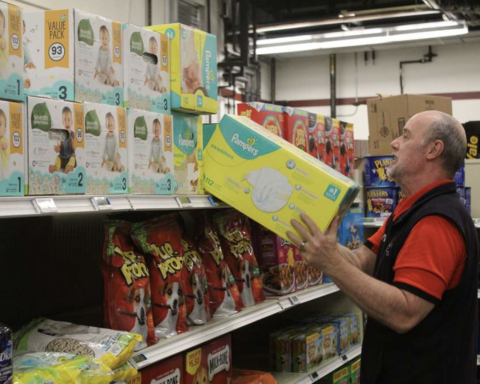Federal and state regulators are cracking down on so-called “junk fees,” which companies often use to hike prices on consumer products above what is advertised.
These unexpected fees — on hotel rooms, cars, concert tickets and more — cost people tens of billions of dollars each year, and countless hours wading through the fine print of companies’ terms and conditions.
Deirdre Cummings, legislative director for the Massachusetts Public Interest Research Group, said these sneaky practices need to stop.
“If you’re going to advertise something for sale in Massachusetts,” said Cummings, “you have to disclose up front what is the cost. What are you charging?”
The Federal Trade Commission has proposed new rules requiring businesses to do just that, and is accepting public comments through January 8.
Massachusetts Attorney General Andrea Campbell has also proposed stricter state regulations to ensure businesses provide clear and accessible information on whether these hidden fees are optional or required.
Campbell has said she also aims to simplify the process for canceling trial offers and other recurring charges online.
And Cummings said new rules would help ensure markets are fair and competitive, and they would be made permanent.
“At a federal level, laws can change based on who’s in the administration or not,” said Cummings. “And so, if something were to happen on the federal level, then we would have our own state protections here in Massachusetts.”
Cummings called the proposed rules “common sense,” and said Massachusetts residents can weigh in during a public hearing and comment session this week in Boston.
She said consumer protections regarding junk fees will only be stronger the more people share their own experiences.


















